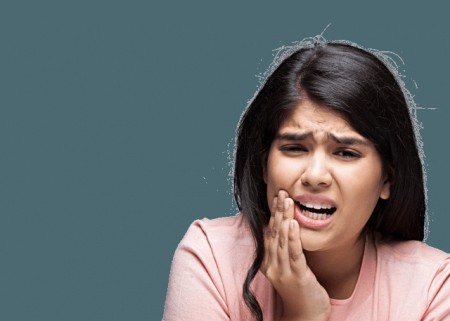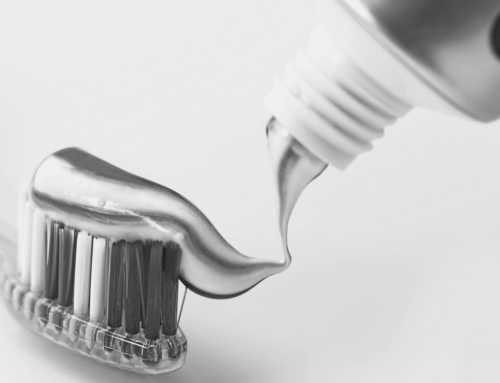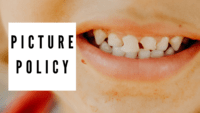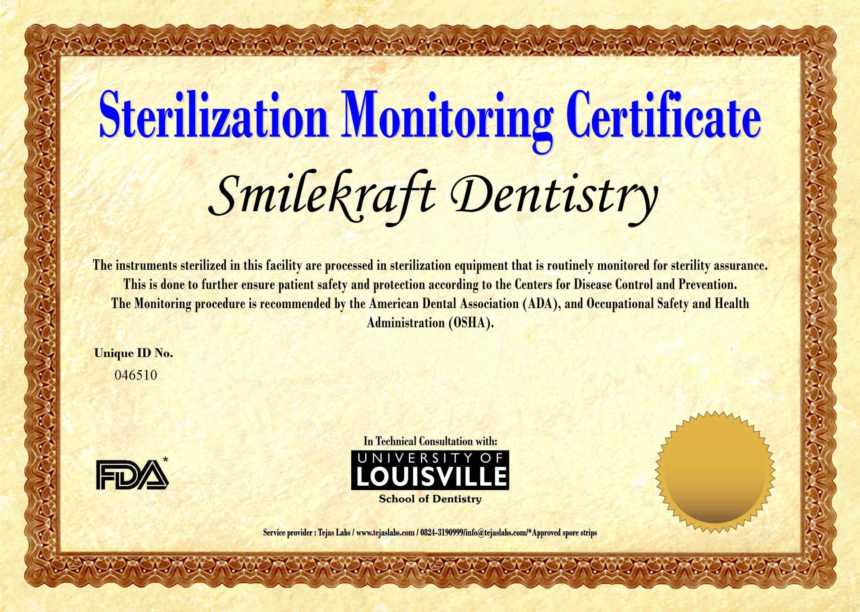 Sleep should be a calm, peaceful endeavour. But for people with bruxism sleep can become a noisy, gnashing, and not-so-restful situation. The involuntary clenching, grinding and gnashing of the teeth is known as bruxism. According to studies, around half the population does it from time to time, while around five percent of them are regular, forceful tooth grinders. Subconsciously done when one is asleep, some people grind their teeth even when they are awake.
Sleep should be a calm, peaceful endeavour. But for people with bruxism sleep can become a noisy, gnashing, and not-so-restful situation. The involuntary clenching, grinding and gnashing of the teeth is known as bruxism. According to studies, around half the population does it from time to time, while around five percent of them are regular, forceful tooth grinders. Subconsciously done when one is asleep, some people grind their teeth even when they are awake.
Dr. Priyank Mathur of Smilekraft Dentistry takes you through some signs of spotting bruxism.
Occasionally bruxism causes no symptoms at all. But left unchecked, it can lead to complications, including damaged teeth, tension headaches, and jaw and facial pain. It may even trigger earaches due to referred pain or because of the proximity of the ear canal to the muscles of the jaw.
People grind their teeth for a variety of reasons, including stress, sleep apnea, misalignment of the upper and lower jaw, among others. And if left unt
reated they can end up with permanent damage to their teeth. So be proactive and visit your dentist for further consultation.






